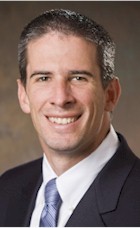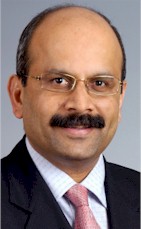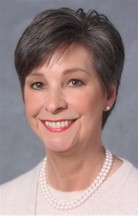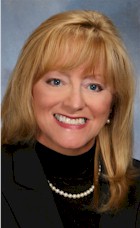
Though winter brings to mind blankets of white snow and nights curled up by the fire, the season's inclement weather can bring many challenges when it comes to maintaining a property's landscape. Snow and ice management is essential to maintaining a hotel's image. In the article "Hotel Garden: Managing Severe Winter Weather," authors Ken Hutcheson and Mike Fitzpatrick discuss how proper snow and ice management will help ensure that a hotel can operate efficiently and safely throughout the colder months. They also provide tips on how to maintain a hospitable and accessible landscape despite inclement weather that could otherwise pose potentially dangerous conditions. READ MORE



















